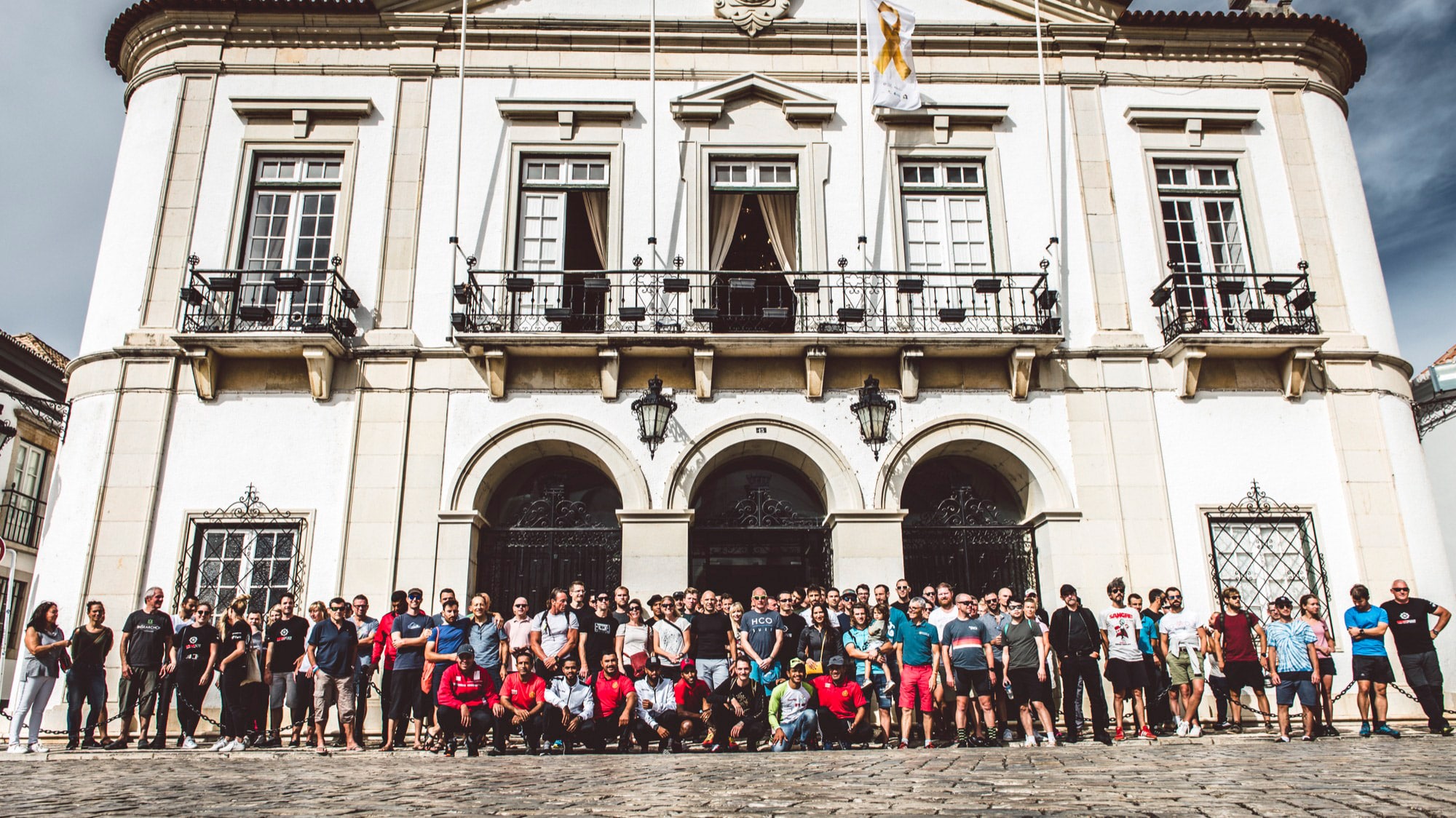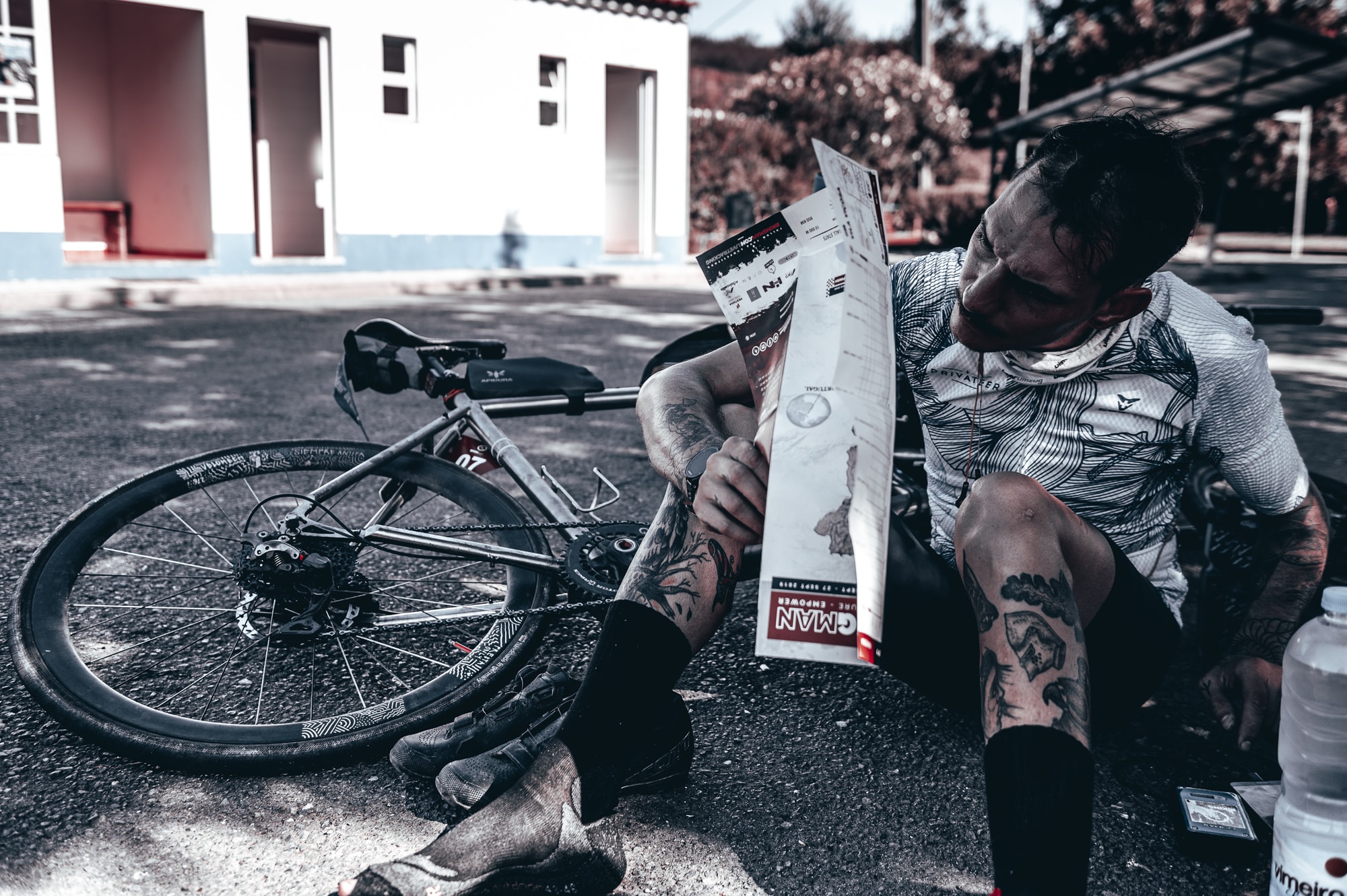In ultracycling, strength training is a vital component for improving power, endurance, and resilience. Axel Carion and Adeline from the Ultra Academy share their recommendations on why this type of training is essential and the best methods for long-distance preparation.
1. Why strength training is essential
- Maximal strength gain: Strength training helps develop maximal strength, enhancing overall ultracycling performance. With increased strength, cyclists can maintain consistent power while putting less strain on their muscles, reducing fatigue, especially during climbs.
- Neuromuscular coordination: Another benefit of strength training is improving coordination between muscles and the brain. By learning to contract multiple muscle fibers simultaneously, the body becomes more responsive and delivers greater force during intense efforts.
2. Recommendations for strength training
- Frequency and timing: During the winter season, two weekly sessions are recommended to build strength. As competition approaches, reduce to one session per week to maintain gains without overloading your schedule.
- Protecting joints and tendons: Regular strength training increases the durability of tendons and joints—key components in ultracycling—to withstand repetitive strain without causing injuries.
3. Importance for bones and complementary exercises
- Preserving bone health: Unlike running, cycling is a low-impact activity that minimizes stress on the skeletal system. To prevent bone density loss, incorporate plyometric exercises (e.g., jumping, brisk walking) into your routine. These activities stimulate bones and strengthen tendons, aiding the transfer of force between muscles and joints.
- Tendon stiffness for better force transfer: Plyometric and other impact exercises increase tendon stiffness, allowing for more efficient force transmission with each pedal stroke.
4. Diverse activities for comprehensive development
- Varying workouts for optimal preparation: Diversify your exercises by including walking, running, or impact activities to keep training engaging while activating different muscle groups. This variation supports the development of new skills that are transferable to cycling.
- Physical and psychological benefits: Adding variety improves motivation and reduces monotony, creating a balance between specificity and complementary training.
These tips highlight the importance of strength training in ultracycling preparation. By building strength, flexibility, and coordination, you’ll be better equipped to tackle long-distance challenges, reduce injury risks, and enhance recovery capacity.
Feel free to share your questions in the comments and review previous tutorials to ensure a comprehensive preparation for your next ultracycling adventure.
Find us on:
- Website : bikingman.com
- Instagram : bikingman_ultra
- Facebook : bikingmanultra
- Strava : / strava








